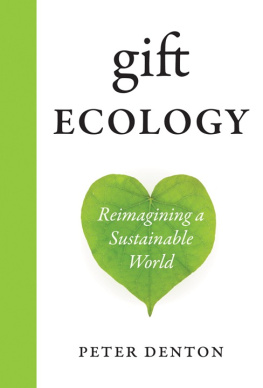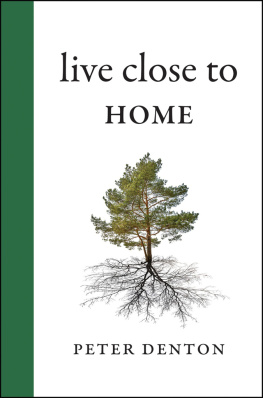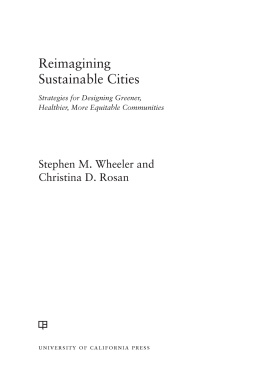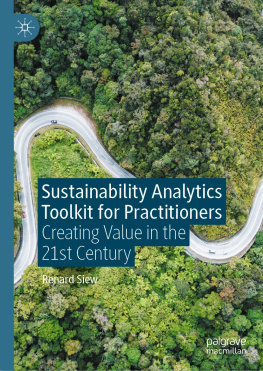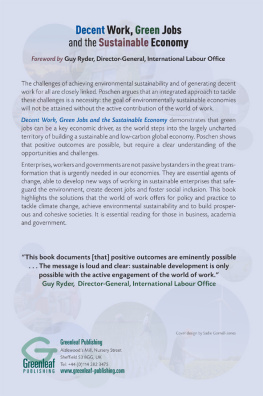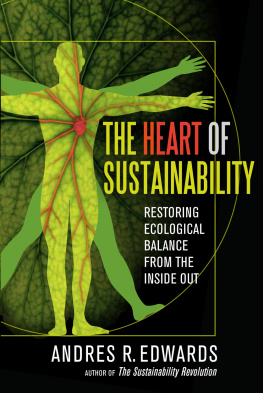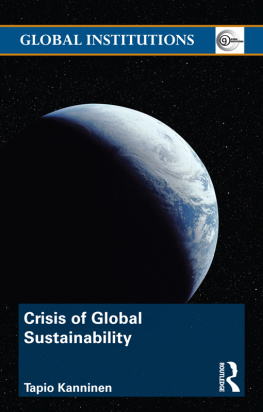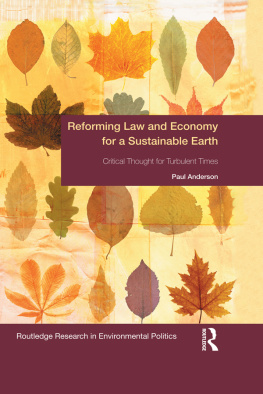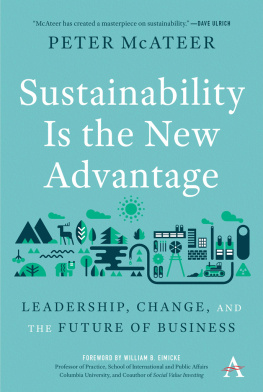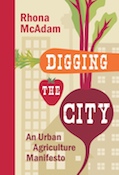
Digging the City
An Urban Agriculture Manifesto
Rhona McAdam
At the last census in 2006, just over 80 percent of Canadas population lived in urban centres. How we feed that population and protect its food sources is an enduring subject of debate in food security circles these days. As consumers and citizens, we all need to take a hard look at the deficiencies in Canadas ability to feed the urban poor; our dependence on imported foods and centralized food processing; our detachment from our food sources; the often problematic solutions to food security devised by governments, municipalities and non-profit groups; and where we are headed if we change nothing in these times when change is urgently needed. Many efforts are being made to introduce urban agriculture initiatives all across the country, to address the problems weve created and to protect our cities from real and potential crises in the food supply.
With passion and lyricism, Digging the City addresses the problems facing urban omnivores in the 21st century and looks at various policy, grassroots and utopian solutions being developed and implemented, while considering the pros and cons of plans such as vertical farms, urban fish farms, transition-town initiatives, seed banks, permaculture and water conservation projects.
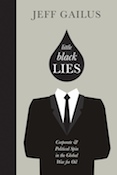
Little Black Lies
Corporate & Political Spin in the Global War for Oil
Jeff Gailus
Beginning in 1967 and for just over 30 years, the oil industry toiled in the relative obscurity of Northern Alberta as machines peeled away earth and boreal forest to exhume what has now become one of humanitys most precious and contentious resources: bitumen. As the years passed, the bitumen mines sprawled, poisonous tailings ponds spread, toxins polluted the environment, cancer reared its head downstream and the price of petroleum soared beyond all expectations.
As plans continue to build the Keystone and Northern Gateway pipelines, a growing number of scientists, journalists, First Nations and environmentalists are fighting to raise the alarm about the implications and propaganda surrounding the worlds largest energy project.
In his second RMB Manifesto, Jeff Gailus dissects the global war on truth that has come to define the battle for oil. It is a battle fought not with bullets and bombs but with a dark web of Little Black Lies that poses a threat not only to environmental and human health, but to our moral and social well-being.
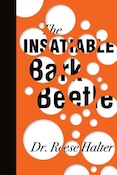
The Insatiable Bark Beetle
Dr. Reese Halter
In our ever-warming world, trillions of indigenous bark beetles are killing billions of mature conifers throughout the forests of western North America and around the world, as they embark on their largest and most destructive feeding frenzy in modern times. In areas where cold temperatures traditionally prevented these insects from thriving, our once-healthy but now water-starved trees are becoming more and more vulnerable to the voracious appetites of these destructive pests. With aspects of both our environment and the economy at stake, Dr. Reese Halters second RMB Manifesto provides information on the various types of beetles negatively impacting trees, descriptions of the ecosystems they currently inhabit, and an accessible look at the future humanity may face if we do not find ways to control greenhouse gas emissions and climate change, which are contributing factors to the ongoing spread of bark beetles.
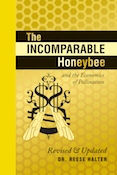
The Incomparable Honeybee
and the Economics of Pollination
Revised & Updated
Dr. Reese Halter
In this updated bestseller (with new science and data related to North America, the United Kingdom and Australia), Dr. Reese Halter continues with his passionate crusade to save the worlds most important group of flower-visiting animals: the honeybee. Responsible for pollinating over 110 different crop types throughout the world and accounting for a quarter-trillion dollars worth of commerce, the incredible efforts of the honeybees are vital to humanity in terms of the food we eat, the clothes we wear and the medicines we use. And yet, all around the globe, billions of honeybees are dying from colony collapse disorder, the effects of global warming, introduced mites, bacteria, fungi, diseases and modern insecticides. Our civilization as we know it depends on the health and well-being of all 20,000 known species of bees, and each of us is required to lend a helping hand to ensure that the bees survive.
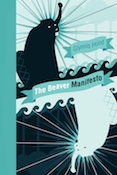
The Beaver Manifesto
Glynnis Hood
Beavers are the great comeback storya keystone species that survived ice ages, major droughts, the fur trade, urbanization and near extinction. Their ability to create and maintain aquatic habitats has endeared them to conservationists, but puts the beavers at odds with urban and industrial expansion. These conflicts reflect a dichotomy within our national identity. We place environment and our concept of wilderness as a key touchstone for promotion and celebration, while devoting significant financial and personal resources to combating the beaver problem.
We need to rethink our approach to environmental conflict in general, and our approach to species-specific conflicts in particular. Our history often celebrates our integration of environment into our identity, but our actions often reveal an exploitation of environment and celebration of its subjugation. Why the conflict with the beaver? It is one of the few species that refuses to play by our rules and continues to modify environments to meet its own needs and the betterment of so many other species, while at the same time showing humans that complete dominion over nature is not necessarily achievable.
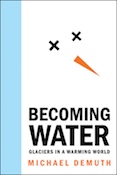
Becoming Water
Glaciers in a Warming World
Mike Demuth
Becoming Water takes the reader on a tour of Canadas glaciers, describing the stories they tell and educating the reader about how glaciers came to be, how they work and what their future holds in our warming world. By visiting Canadas high and low Arctic and the mountain West, the reader will learn how varied and complex our glaciers really are, how they are measured and how they figure into the national and global story of inevitable change. The reader will learn to think like a scientist, in particular how to look at climate-related data that contains cycles, trends and shifts, and then ponder what questions to ask in the face of our dramatically changing environment. This book encourages Canadians to explore upstream from ourselves, learning about our origins and how climate change and encroaching human settlement are drastically affecting our glaciers and therefore the natural and human landscapes that lie belowand are dependent uponthem.

